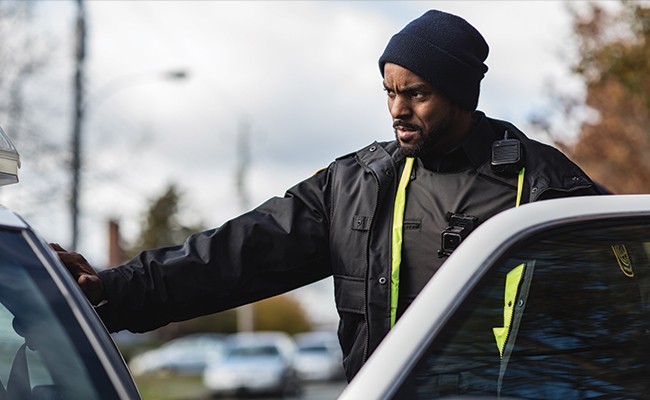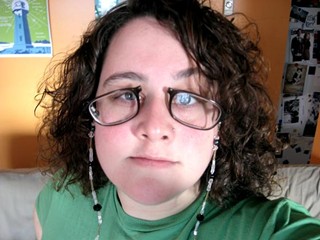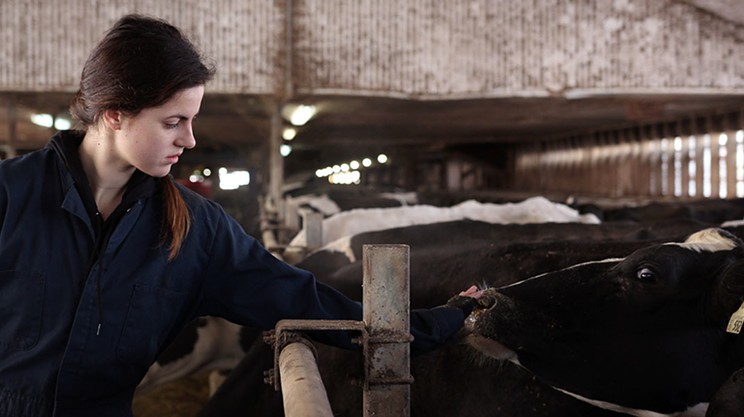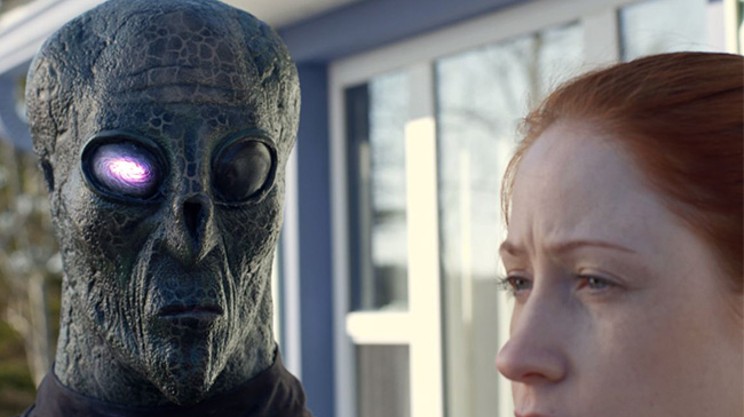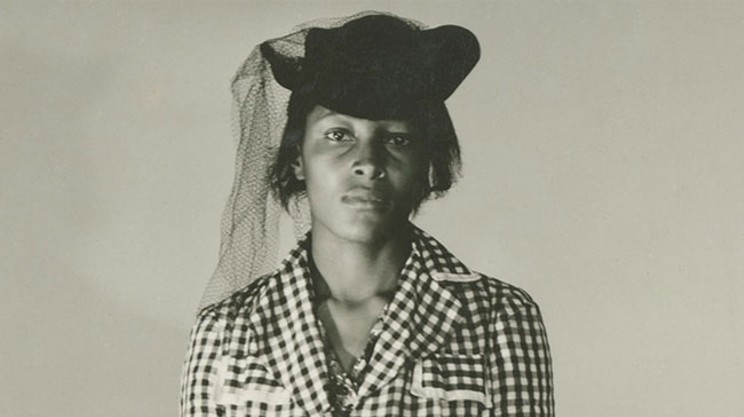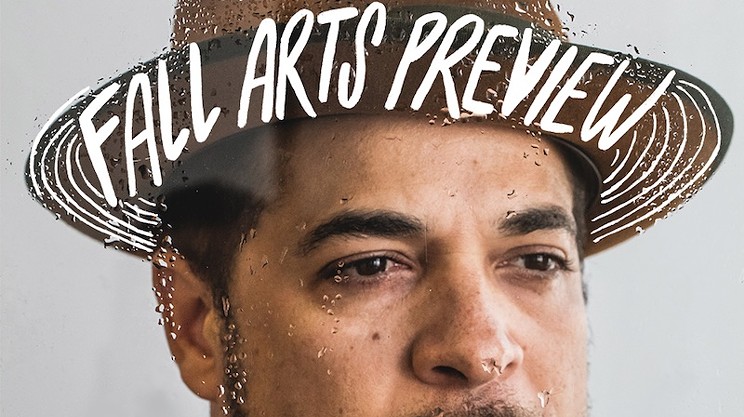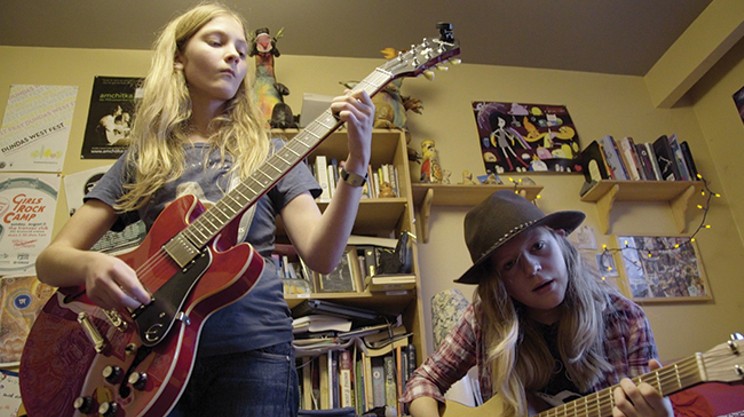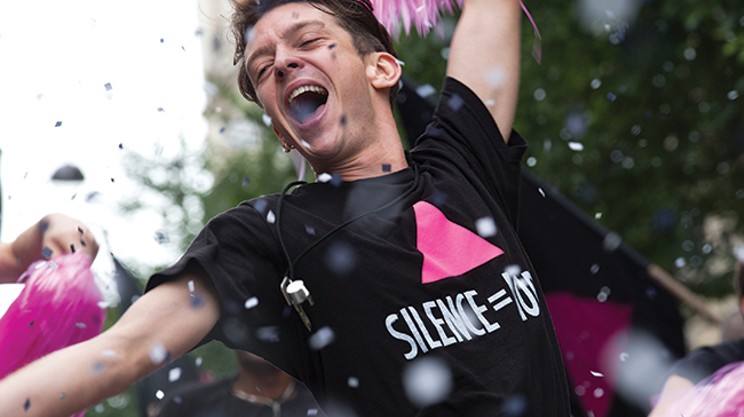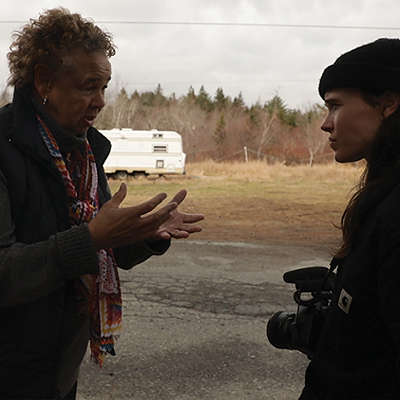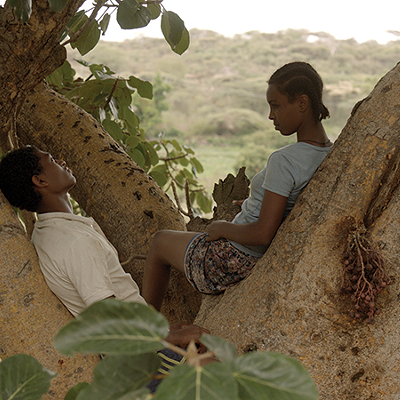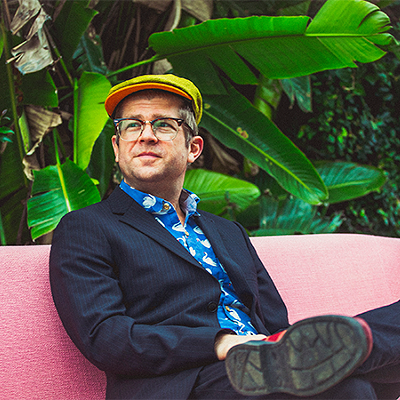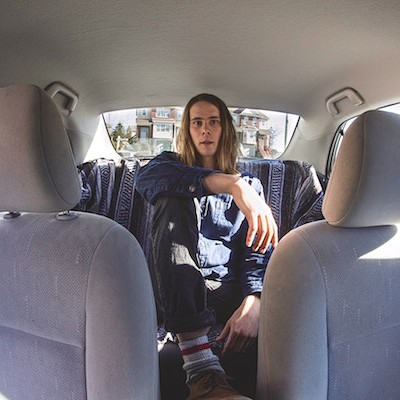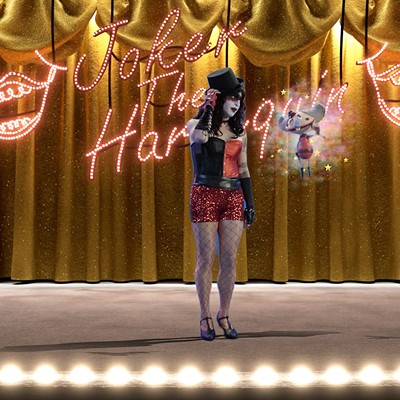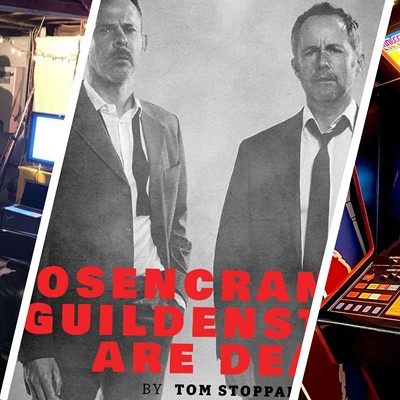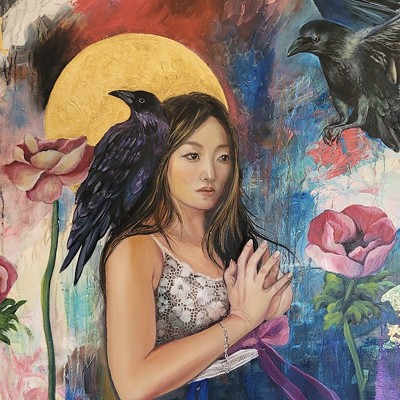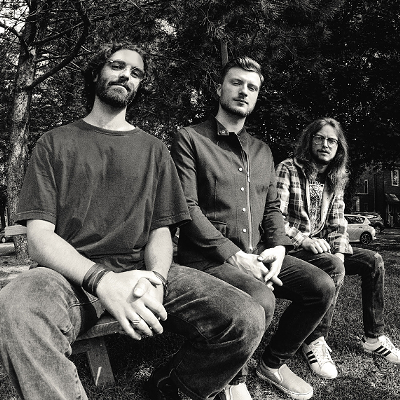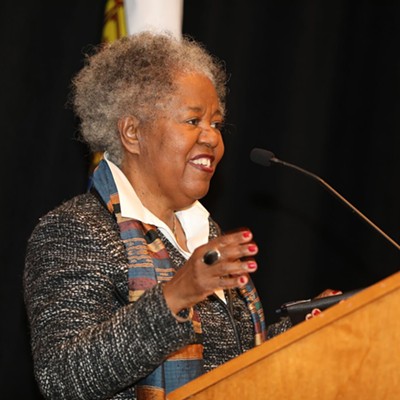[Editor's note: As of June 2020, the movie Black Cop can be streamed for free on CBC Gem. Watch it here.]
Black Cop
Monday September 18, 6:30pm, Cineplex Park Lane, $22.50
finfestival.ca
"So many people, even when they're so upset about the idea of what this movie's about, they don't want to talk about it anymore. Or they're mad, or they're just so threatened. What do you want me to do? We've been shucking and jiving so long," says Cory Bowles, the writer and director of Black Cop. "They want the buddy comedy, they want the funny shit, but the second you put out a movie like Moonlight or a movie like Hidden Figures, the first thing they say is, 'Well what about the other astronauts?' They've had those movies. It's called Every Astronaut Movie on the Planet. Why does it have to be about race? Because the story's about that."
The story of Black Cop—the eponymous character is portrayed by Ronnie Rowe Jr., a magnetic actor Bowles met at the Canadian Film Centre—is unquestionably about race. Fed up with his colleagues' abuse of power and of being considered a traitor by his own community, when he's street-checked by a white officers, it sends him on a violent spree. He beats up a doctor in an affluent neighbourhood, ties up a young couple, harasses a student and kicks a dad out of a park without any provocation or just cause—re-enacting the dehumanizing situations faced constantly by his community.
Bowles is 44 and works in nearly as many artistic disciplines—he's a musician, dancer, actor, writer and director. On April 15, 2015, after the tax credit was slashed, he delivered a speech of pure fire at the Save Nova Scotia Film rally outside Province House, declaring repeatedly, "We are culture." (That's where he met the young poet Andre Fenton, who closes the movie with a similarly rousing rally piece.) To say he's passionate about community is to understate it.
"I'm on the Screen Nova Scotia board literally in order to make sure that we provide accessibility to a different group of filmmaker that's not going to get noticed by our mainstream industry," he says over breakfast on Labour Day. "No matter what, we're always insular."
(When he says "we" he means the filmmakers like himself who have one foot in the system and one out, who happily hype each other at every opportunity—Bowles loves Ashley McKenzie, Heather Young, Nancy Urich and Seth A. Smith.) "After everything that happened, if we're gonna survive we have to push each other. And the idea of 'I'm great' and the idea of 'Thanks everyone for making jobs'—that's just dead," he says. "It's not even auteurism is dead. Your auteurism can only happen if there's a group of people doing it with you."
Black Cop—with a mostly exterior Halifax shooting schedule across 12 days in November ("we lost light every day at 4:30")—looks beautiful and moves kinetically, as one would expect from a professional choreographer, thanks to Jeff Wheaton's cinematography. The movie's moral centre, on the other hand, darts around all the way to its ambiguous ending, which is how Bowles wanted it.
"Satires are warning. When I was first making this, it wasn't a warning," he says. "It was 'One of these days, shit's gonna go down, and it's gonna be crazy.'"

